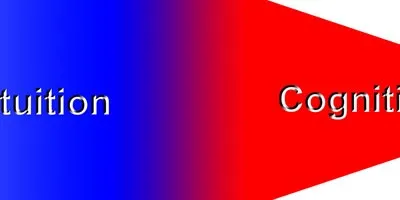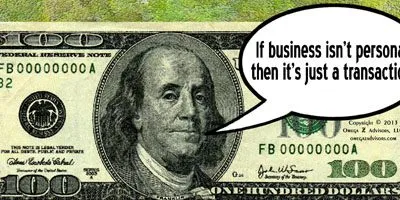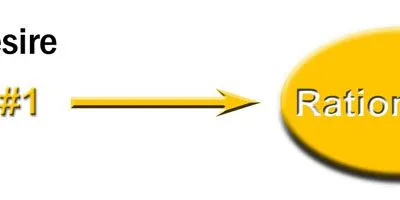Chance Encounters And The Repackaging Of Synchronicity
Posted on05 Aug 2010
Tagstechnology, quantum mechanics, The Power of Pull, The Economist, synchronicity, networking, Lang Davison, John Seely Brown, John Hagel, intuition, emotions, connections, coincidence, Carl Jung
Comments6
The July 24, 2010 Schumpeter column of The Economist discussed the book, The Power of Pull: How Small Moves, Smartly Made, Can... Read More
“Which Box Do You Want to be In?” Personality Assessment Case Study
Posted on29 Jul 2010
Tagsconnotations, definitions, emotions, feelings, function, insight, motivation, Personality, team building, word choice, Real-time Personality Assessment Series
Comments0
Word choice tells much about personality. This personality assessment case study shows how this works. It can help identify personality types according... Read More
How Intuition Influences Thought Processes All The Time
Posted on26 Jul 2010
Tagsemotions, compass intution analogy, Thoughts, thinking process, subconscious, restaurant, intuition, Influence, feelings, cognition
Comments1
Intuition influences thought processes all the time. Many times people just don’t know it. As behavioral economics and other social-related sciences are... Read More
Business is Personal and Why There’s No Way Around It
Posted on19 Jul 2010
Tagsfeelings, emotions, decisions, business, assumptions, approaches, intuition, rationale, Personality, personal, money
Comments2
How many times have you heard, “This isn’t personal, it’s business”? A key assumption underlying an intuitive approach is that everything people... Read More
Shopping for Rationales to Justify Wants and Desires
Posted on14 Jul 2010
Tagswant, subconscious, rationale, problem solving, Personality, knowledge, justification, intuition, emotions, desire, decisions, cognition, approaches
Comments2
Virtually all of our decisions are emotionally based. Therefore, as we saw in my previous posting, Decisions: Roles of Intuition and Cognition,... Read More
An Intuitive Understanding Of Weaknesses in the Scientific Method
Posted on07 Jun 2010
Tagsbelief, business, emotions, experiment, guarantees, innovation, laboratory, leadership, morale, problem solving, process, product, prove, reality, relationships, scientific
Comments0
Weaknesses in the scientific method cause its usefulness to fall far short of people’s belief in it. In other words, hype exceeds... Read More
Fear of Loss Versus Joy of Gain in Variable Compensation
Posted on19 May 2010
Tagsapplication, approaches, cognition, communication, compensation, emotions, fear, gain, intuition, John List, joy, loss, money, objective, subjective, Tanjim Hossain, The Economist, University of Chicago, University of Toronto
Comments1
Since intuition is rooted in emotions and thus subjective, intuitive approaches allow us to see a single, objective situation as many. We... Read More
How Unaware Are People of Their Television Viewing?
Posted on16 May 2010
Tagstelevision, unawareness, The Economist, emotions, communication, behavior, assumptions, approaches
Comments5
A special report on television viewing in the May 1, 2010 edition of the Economist stated “. . . people seem unaware... Read More
Problem Solving: Practical Advantages of Intuition
Posted on13 May 2010
Tagsmoney, training, sympathize, service, scientific, problem solving, practical, power, personal, objective, moral, listen, intuition, Influence, example, employees, emotions, effective, compliments, command
Comments1
Intuition’s most practical advantage to problem solving is the enhanced sphere of good solutions it offers. Generally, this sphere will produce five... Read More
Decisions: Practical Implications of Intuition and Emotions
Posted on10 May 2010
Tagsemotions, statistical, Scientific Method, scientific, sales, reason, rationale, practical, logic, intuition, Statistical Analysis, decisions
Comments4
The important practical implication of intuition and emotions in decision making is this: if we don’t grasp the underlying emotions and how... Read More











